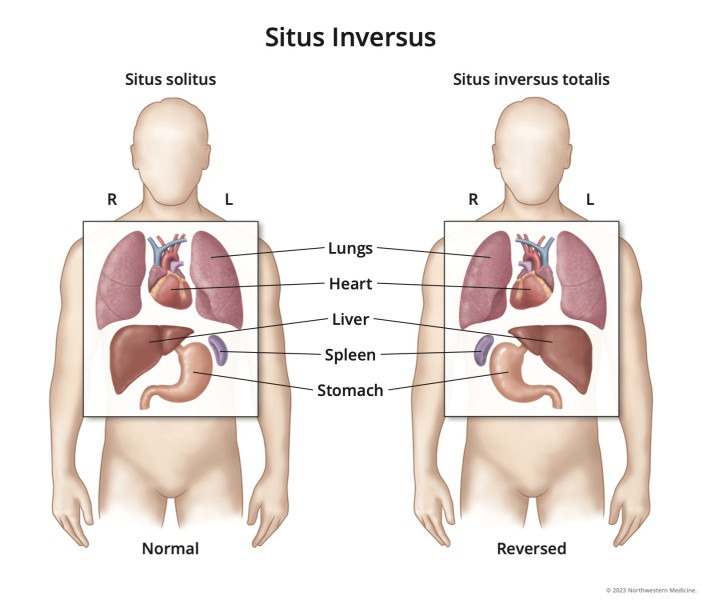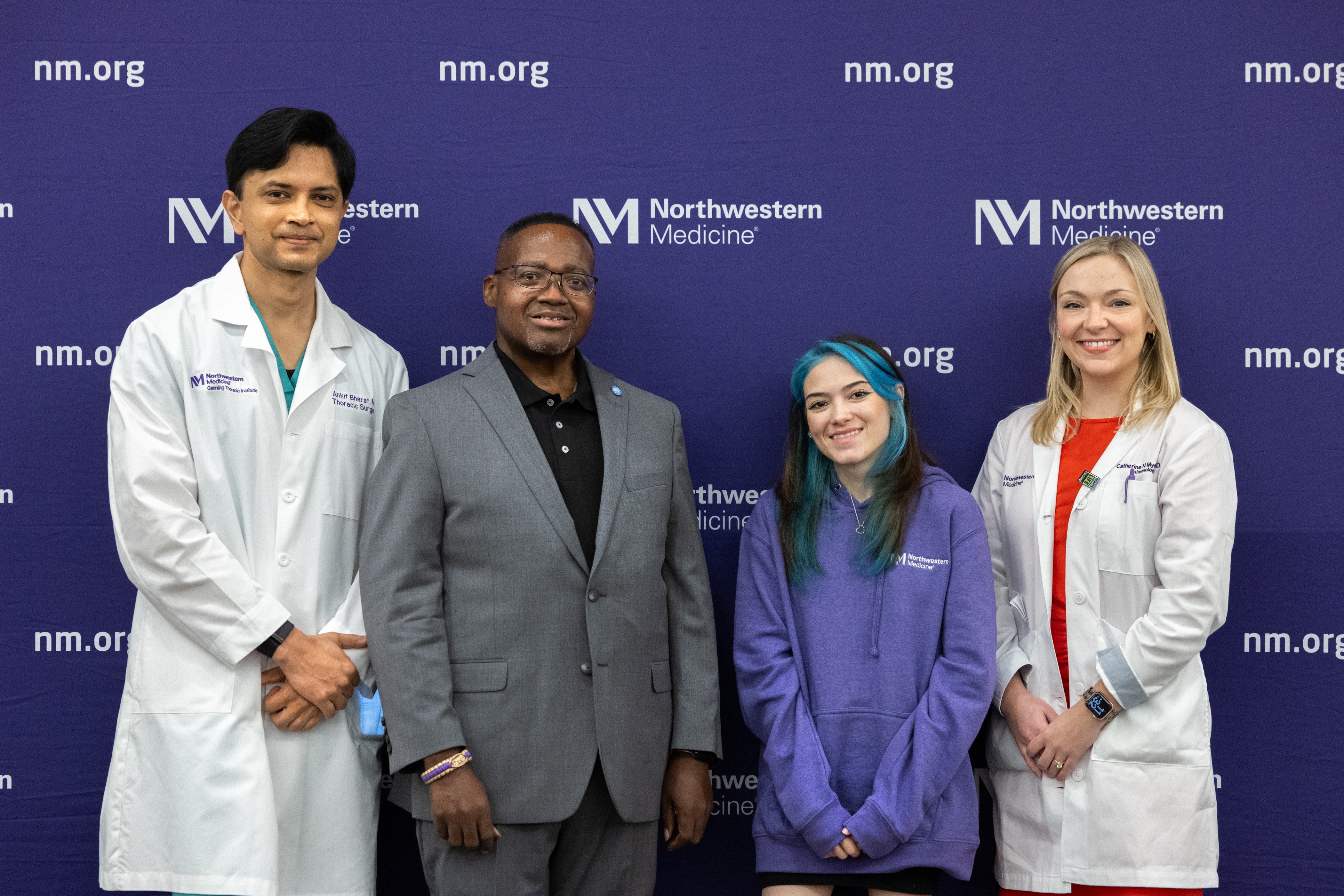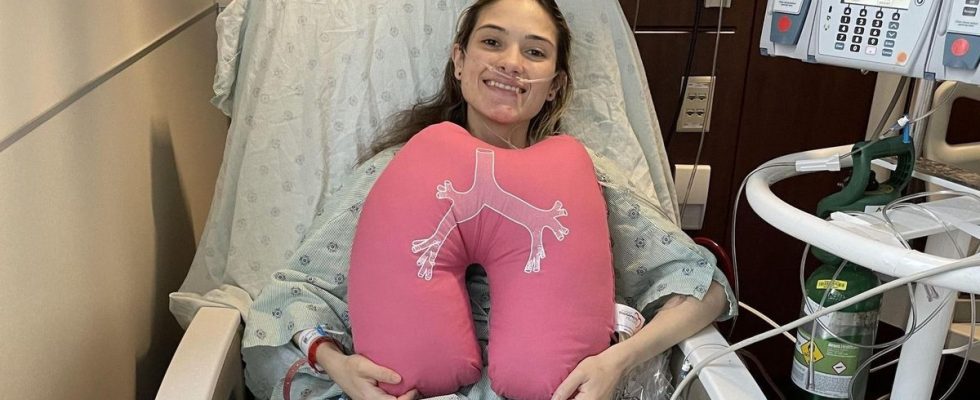Published on
Updated
Reading 3 min.
Approximately one in 10,000 people are born with inverted organs, known as “Situs inversus”, a condition that can go unnoticed… except when a lung transplant is necessary. An American team successfully performed a unique lung transplant in two of these patients.
For the first time last August at Northwestern Medicine, surgeons successfully performed lung transplants on two patients with situs inversus, a rare genetic disorder where the organs of the chest and abdomen develop in a mirror image compared to their normal positions.
Situs inversus: these rare cases of inverted organs
Situs inversus (also called situs transversus or oppositus) refers to a birth defect in which the major organs are inverted in a mirror-like position from their normal arrangement. “Situs inversus is a rare condition that affects almost 1 in 10,000 people and is often linked to other problems, but most people can lead normal lives. Often, they may not even know they have the disease until they seek health care for unrelated health problems” specifies Professor Catherine Myers, pulmonologist at Northwestern Medicine Canning Thoracic Institute.

And it is even rarer for these people to develop lung disease to the point of needing a lung transplant… yet this is what happened to two of these patients, which was not without its challenges. problems for American surgeons.
Two patients in desperate situation
In addition to situs inversus, 27-year-old Yahaira Vega was born with another rare condition called primary ciliary dyskinesia (PCD), which prevents the tiny hair-like structures in the airways from eliminating germs and bacteria. pollutants, causing excessive mucus accumulation. Her condition worsened to the point that she was listed for a double lung transplant in April.
Dennis Deer, 50, developed interstitial lung disease due to polymyositis (muscle inflammation and weakness). Listed for new lungs on March 31, Deer spent months hospitalized on supportive oxygen at Northwestern Memorial before receiving the call that doctors had found a match.
The two patients were able to benefit from a lung transplant a few days apart by the teams at Northwestern Medicine. But a transplant which, due to their condition, required some “adjustments”.
A first which required some “technical modifications”
“It is quite rare to perform a double lung transplant on a patient with situs inversus, let alone two patients in less than a month in the same health system.“, added Ankit Bharat, head of thoracic surgery. “During surgery, this is an interesting dilemma because the inside of the body is essentially a mirror image of what it should normally be. The heart is usually on the left side, but with situs inversus it is on the right side. The right lung is on the left side and the left lung is on the right side“.
Without going into details, the surgeon specifies that it was not easy. “So when we remove the old lungs and have to transplant the new lungs from a donor with “normal organs“It’s more difficult because the new lungs have to fit into a chest cavity which is a mirror image, so we had to make some technical changes to do it,” he admits.
One success and two rebirths
The two patients literally come back to life. “With my new lungs, I have so much energy and I can laugh again. I am grateful to my donor, his family and my incredible transplant team. Thanks to them, I got my life back” explained Yahaira Vega. Same enthusiasm from Dennis Deer: “Being able to breathe again was incredible (…)I can’t help but think of others who don’t have this opportunity, and I want to spend the next chapter of my life focusing on raising awareness about transplantation and donation of organs. I want to make sure we can get those who need a transplant to the right place at the right time“. Both patients returned to their daily lives.

A success which underlines the excellence of this establishment according to Dr Bharat. “I’m glad our team was able to help Dennis and Yahaira. We are known for taking on some of the most challenging lung transplant cases, and this is testament to the life-changing work carried out at the Canning Thoracic Institute. Our goal is to help as many patients as possible reach their next birthday and beyond“.
